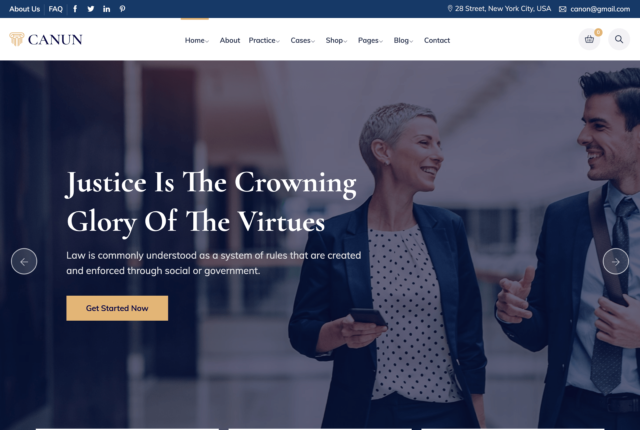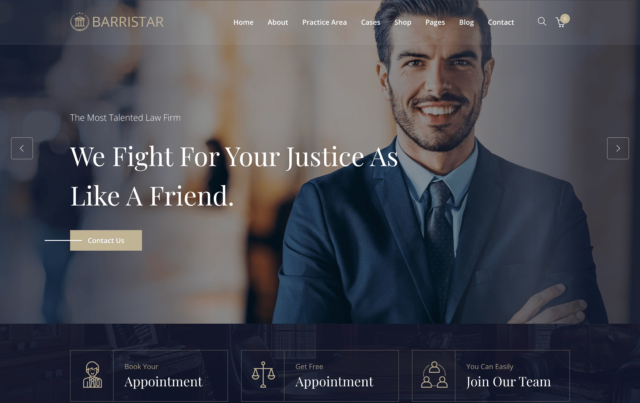Attorney Advertising Rules for the State of North Carolina
Read for more information on the rules for online advertising for North Carolina attorneys
- North Carolina Attorney Advertising Rules: Comprehensive Overview
Attorneys practicing in North Carolina must adhere to specific advertising regulations outlined in the North Carolina Rules of Professional Conduct, particularly Rules 7.1 through 7.5. These rules ensure that legal advertising is truthful, non-misleading, and upholds the integrity of the legal profession. Below is a detailed overview of the key provisions governing attorney advertising in North Carolina.
Rule 7.1: Communications Concerning a Lawyer’s Services
-
- Prohibition of False or Misleading Communications:
- Lawyers must not make false or misleading communications about their services.
- A communication is false or misleading if it contains a material misrepresentation of fact or law, or omits a fact necessary to make the statement considered as a whole not materially misleading.
- Avoiding Unverifiable Claims:
- Attorneys should not make claims that cannot be substantiated or verified.
- Comparisons with other lawyers’ services are prohibited unless they can be factually substantiated.
- Prohibition of False or Misleading Communications:
Rule 7.2: Communications Concerning a Lawyer’s Services: Specific Rules
-
- Permissible Advertising Methods:
- Lawyers may advertise their services through written, recorded, or electronic communication, including public media.
- All advertisements must comply with Rule 7.1.
- Payment for Recommendations:
- Lawyers shall not give anything of value to a person for recommending the lawyer’s services, except that a lawyer may:
- Pay the reasonable costs of advertisements or communications permitted by these rules.
- Pay the usual charges of a legal service plan or a lawyer referral service.
- Pay for a law practice in accordance with Rule 1.17.
- Give nominal gifts as an expression of appreciation that are neither intended nor reasonably expected to be a form of compensation for recommending a lawyer’s services.
- Lawyers shall not give anything of value to a person for recommending the lawyer’s services, except that a lawyer may:
- Mandatory Disclosures:
- Any communication made pursuant to this rule shall include the name and contact information of at least one lawyer or law firm responsible for its content.
- Permissible Advertising Methods:
Rule 7.3: Direct Contact with Potential Clients
-
- Direct Contact with Prospective Clients:
- A lawyer shall not solicit professional employment by any means when:
- The lawyer knows or reasonably should know that the physical, emotional, or mental state of the subject of the solicitation is such that the person could not exercise reasonable judgment in employing a lawyer.
- The person who is the subject of the solicitation has made known to the lawyer a desire not to be solicited by the lawyer.
- The solicitation involves coercion, duress, or harassment.
- A lawyer shall not solicit professional employment by any means when:
- Direct Contact with Prospective Clients:
Rule 7.4: Intermediary Organizations
-
- Definition:
- An intermediary organization is a lawyer referral service, lawyer advertising cooperative, lawyer matching service, online marketing platform, or other similar organization that engages in referring consumers of legal services to lawyers or facilitating the creation of lawyer-client relationships between consumers of legal services and lawyers willing to provide assistance.
- Conditions for Participation:
- A lawyer shall not accept referrals from an intermediary organization unless the organization:
- Does not direct or regulate the lawyer’s professional judgment.
- Charges only a reasonable fee that is not contingent upon the value of the matter referred.
- Refers prospective clients to the lawyer based upon the client’s expressed needs and criteria.
- Provides the prospective client with the information about the lawyer’s qualifications.
- A lawyer shall not accept referrals from an intermediary organization unless the organization:
- Definition:
Rule 7.5: Firm Names and Letterheads
-
- Use of Firm Names:
- Firm names, letterheads, and other professional designations must not be misleading.
- Trade Names:
- Use of trade names is permissible if they do not imply a connection with a government agency or with a public or charitable legal services organization and are not otherwise in violation of Rule 7.1.
- Identification of Jurisdictional Limitations:
- If a firm operates in multiple jurisdictions, any jurisdictional limitations of lawyers not licensed to practice in a particular jurisdiction must be indicated.
- Use of Firm Names:
Additional Considerations
-
- Internet and Social Media Advertising:
- The North Carolina Rules of Professional Conduct apply equally to digital advertising, including websites and social media platforms.
- Attorneys must ensure that online content adheres to the same standards of truthfulness and transparency outlined in Rules 7.1 through 7.5.
- Use of Testimonials and Endorsements:
- Testimonials and endorsements in advertisements must not create unjustified expectations or make unverifiable claims.
- If a client testimonial discusses specific case outcomes, the advertisement must clearly disclose that outcomes depend on the unique circumstances of each case and cannot be guaranteed.
- Contingency Fee Disclosures:
- Any advertisement mentioning contingency fees must clearly state that clients may still be responsible for court costs and expenses, even if the case is not successful.
- Internet and Social Media Advertising:
Enforcement and Compliance
-
- Disciplinary Actions for Non-Compliance:
- Attorneys who fail to comply with North Carolina’s attorney advertising rules may face disciplinary action, including fines, suspension, or other penalties.
- The North Carolina State Bar is responsible for investigating and prosecuting violations of the advertising rules.
- Seeking Guidance:
- Attorneys unsure about the compliance of an advertisement or solicitation can seek advisory opinions from the North Carolina State Bar.
- Disciplinary Actions for Non-Compliance:
Disciplinary Process
-
- Violations of attorney advertising rules are investigated by the North Carolina State Bar.
- Depending on the severity of the violation, consequences may include:
- Warnings or reprimands for minor infractions.
- Suspension or disbarment for repeated or egregious violations.
Record-Keeping Requirements
-
- Retention Period:
- Lawyers must retain a copy of all advertisements for at least two years after their last dissemination.
- Records should include the advertisement’s content and details about its publication or broadcast (e.g., dates and platforms).
- Digital Advertisements:
- For online and electronic advertising, attorneys must maintain copies in a durable and retrievable format.
- This includes preserving disclaimers and other required information.
- Retention Period:
Specific Rules for Online and Digital Advertising
Social Media and Website Compliance
-
- Application of Rules:
- All social media advertisements, blog posts, and website content must comply with the truthfulness and transparency requirements outlined in Rule 7.1.
- Use of Social Media Testimonials:
- Client testimonials and endorsements must not mislead or imply guaranteed outcomes.
- A clear disclaimer must accompany any reference to prior results or specific cases, clarifying that outcomes vary based on the facts of each case.
- Application of Rules:
Use of Video and Audio Media
-
- Television and Radio Advertising:
- Advertisements must clearly identify the lawyer or firm responsible for the content.
- Dramatizations or the use of actors must include disclaimers such as, “This is a dramatization. Not an actual client or case.”
- Television and Radio Advertising:
Additional Considerations
Trade Names and Firm Names
-
- Firm names must not mislead or imply affiliations with government entities or public services unless the connection is accurate.
- Trade names are permitted but must comply with all other rules prohibiting deceptive practices.
Contingency Fee Disclosures
-
- Advertisements referencing contingency fees must include a clear statement that clients may still be responsible for court costs and other fees, even in cases where the outcome is unsuccessful.
The attorney advertising rules in North Carolina, outlined in Rules 7.1 through 7.5 of the North Carolina Rules of Professional Conduct, establish ethical standards for all forms of legal advertising. These guidelines ensure that advertisements are truthful, transparent, and uphold the integrity of the legal profession.
By adhering to these rules, attorneys can effectively market their services while building trust with potential clients and avoiding disciplinary action. For assistance with compliance or clarification of specific rules, attorneys are encouraged to consult the North Carolina State Bar Ethics Committee or request an advisory opinion.
Attorneys in North Carolina can consult the Ethics Committee of the North Carolina State Bar for advisory opinions regarding the compliance of their advertising materials.Seeking pre-approval for advertising content ensures alignment with ethical standards and reduces the risk of disciplinary actions.
Our marketing packages include the following
Search Engine Optimization
Paid Search Management
Legal Content Development
Website Design
Live Chat
Social Media Management









